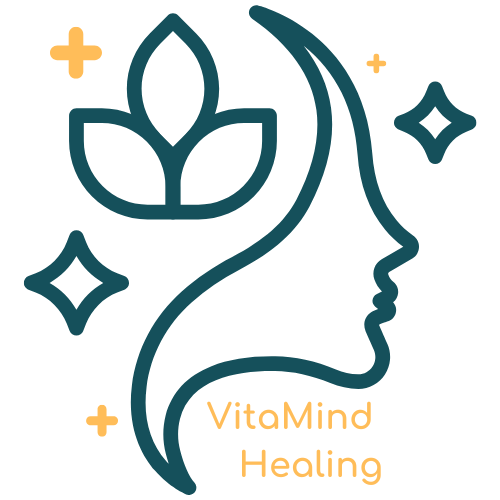
Giving you the care you deserve.
Transforming mental healthcare
My practice specializes in psychotherapy, offering evidence-based treatments for trauma, anxiety, and depression. I use Accelerated Resolution Therapy (A.R.T.), a technique that helps the brain quickly process and resolve distressing memories, and Brainspotting, which targets deep emotional and neurological healing by accessing the brain’s natural processing abilities. These modalities, combined with traditional talk therapy, provide a comprehensive approach to mental health care. Whether you're struggling with past trauma, anxiety, or depression, let’s create a safe, supportive space to help you heal and build resilience.
What is Psychotherapy?
Psychotherapy is a type of therapy where you talk to a trained therapist to understand and manage your thoughts, feelings, and behaviors. It’s a safe space to work through emotional struggles, mental health issues, and personal challenges. Through therapy, you’ll develop healthier coping strategies, reduce stress and anxiety, heal from trauma, and improve relationships. If you’re facing emotional or mental health challenges, psychotherapy can provide the support you need.
Therapy Modalities
Accelerated Resolution Therapy (A.R.T.) is a trauma-focused therapy that helps quickly process and resolve distressing memories using eye movements and visualization. It’s effective for treating trauma, anxiety, and PTSD by reprogramming how the brain stores negative emotions, often in fewer sessions than traditional methods.
Brainspotting is a therapy that uses specific points in the visual field to help process trauma and emotional distress. By focusing on these "brainspots," clients can release unresolved emotions, aiding in healing from trauma, anxiety, and PTSD.
Trauma therapy helps individuals heal from the emotional effects of trauma. Using techniques like talk therapy, EMDR, and Brainspotting, it helps process and release trauma, reducing distress and restoring emotional balance. The goal is to help clients regain control and move forward.
Depression therapy focuses on helping individuals manage and overcome symptoms of depression. It typically includes techniques like Cognitive Behavioral Therapy (CBT), mindfulness, and talk therapy to challenge negative thoughts, improve mood, and develop healthy coping strategies. The goal is to reduce feelings of sadness, hopelessness, and improve overall mental well-being.
Anxiety therapy helps individuals manage and reduce symptoms of anxiety through various techniques, such as Cognitive Behavioral Therapy (CBT), relaxation exercises, and mindfulness. The goal is to identify triggers, challenge negative thoughts, and develop healthier coping strategies to improve overall well-being and reduce anxiety.
Cognitive Behavioral Therapy (CBT):
Focus: CBT helps people identify and change negative thought patterns and behaviors that contribute to emotional distress.
Goal: The goal is to replace unhealthy thoughts and behaviors with healthier ones to improve emotional well-being. It’s often used for anxiety, depression, and stress.
Method: It involves practical exercises and techniques to challenge negative thinking and promote positive change.
Dialectical Behavior Therapy (DBT):
Focus: DBT is a type of CBT that focuses more on emotion regulation, interpersonal skills, and distress tolerance.
Goal: DBT is especially effective for those with intense emotions, such as individuals with borderline personality disorder (BPD). It helps people accept their emotions while learning to manage them effectively.
Method: It combines mindfulness, acceptance techniques, and practical skills to help clients balance acceptance with change.




